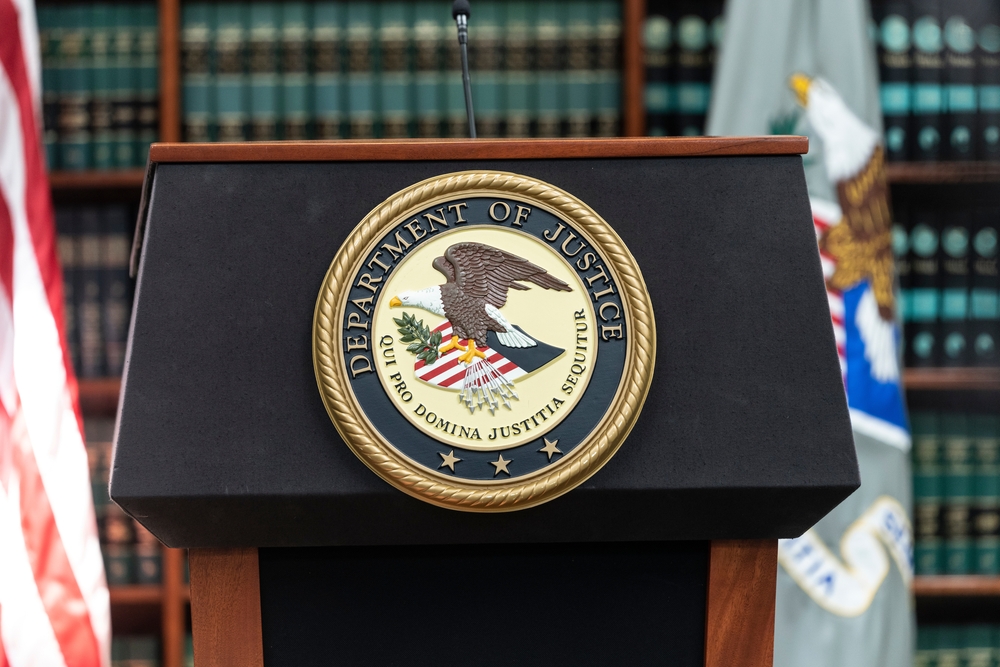What if several executives of a multimilliondollar national corporation hatched a plan to pay bounties to its employees to deliberately injure key employees of competing corporations?
Then put the plan in action, actually disabling key employees, thereby affecting those corporations’ ability to compete. It clearly would be something that should be criminally prosecuted.
As you may have guessed, this is just a generic business- term description of the un-Saintly bounty scheme New Orleans was apparently running. There have been reports there may be criminal prosecutions pursued. Apparently the NFL Players Association has warned players involved that they may face criminal charges.
The Associated Press reported that “most legal scholars agree that prosecutors are reluctant to prosecute on-field sports activity,” said Gabriel Feldman, a sports law professor at Tulane. “They’re difficult cases to bring, because it’s hard to prove the injury was caused by a tackle with specific intent to injure, rather than a regular tackle.”
I would agree with the prosecutors’ reluctance to prosecute on-field activity, but criminal prosecution of the Saints’ pay-for-injury scheme would not necessarily entail proving much specific on-field activity.
Instead of charging individual incidents as though they were a series of assaults and batteries, a criminal conspiracy could be charged using federal criminal law. Under the so-called Hobbs Act (18 USC 1951), a racketeering statute, whoever conspires to commit physical violence to any person in furtherance of a plan or purpose which in anyway or degree effects commerce is in violation of the statute. Clearly the NFL and all of its teams are involved in interstate commerce.
Those teams’ primary purpose is to compete with the other teams in the NFL and win football games. Thus illegal activity that impedes or obstructs a team’s ability to compete is adversely affecting commerce.
The other question to be answered is, would a conspiracy rewarding intentionally injuring opposing players be criminal? Football is a violent game and “hard hits” are encouraged, but within the rules. Late hits, unnecessary roughness and unsportsmanlike conduct are proscribed by the rules. If the conspiracy encouraged hits, with the intent to cause injury regardless of whether the hit would or could result in a penalty, then it seems such conduct goes from being aggressive football to assault and battery under the guise of playing football.
The prosecution would not have to show specific injuries resulted from specific hits for which a bounty was paid. It need only show a conspiracy was formed to commit acts of illegal violence which affected interstate commerce. It now appears, like Watergate, there is compelling, recorded audio evidence of the conspiracy. Although I think this is viable prosecutorial theory, I’m not sure I would be enthusiastic about recommending or pursuing a criminal prosecution in Bountyate based on the facts that have been reported.
But I do have a concern. What if organized crime and professional gambling interests became aware of or participated in the pay-to-injure activities? (Who understands paying bounties for injuries better than the mob?) That would change the whole perspective. This is why it is important for the NFL to come down hard on the participants in Bountyate. The integrity of the game is at risk. The potential for criminal prosecution should not be dismissed, but rather held in abeyance.
OTHER STORIES OF INTEREST
- Tulsa Police Say Shootings May Have Been Revenge (AP)
- FBI: Man Charged With Sextortion of Teen Boy (RTV6)
- Secret Service Arrests Counterfeiter (GSN)
- Suspect in 3 Mississippi Slayings Falls to Death (AP)
- Clever Scheme Ends in Prison (Courthouse News Service)
- Holder Befuddled by Senate Fight Over Violence Against Women Act (Main Justice)




